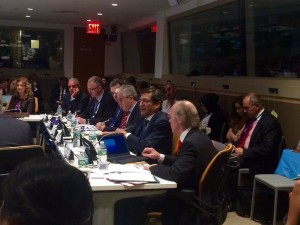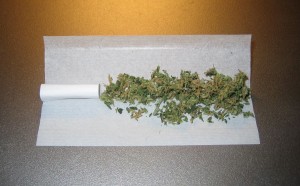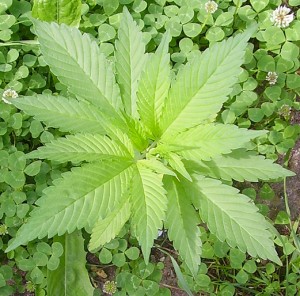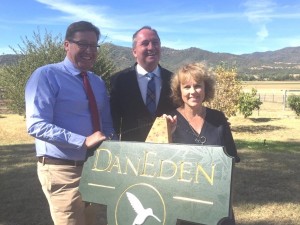
Deputy Premier of NSW, Troy Grant, Deputy Prime Minister and local MP, Barnaby Joyce, and Lucy Haslam, at the opening of the Haslam’s new medicinal cannabis farm (Facebook)
The critique came after the first legally sanctioned medicinal cannabis farm in Australia was opened near Tamworth, NSW in a photo op that included local MP and Australia’s Deputy Prime Minister Barnaby Joyce and NSW Deputy Premier, Troy Grant.
Langdon Brown’s post noted that while NSW has not yet made medicinal cannabis legal, Tony Grant, who is also NSW’s Minister of Justice and Police, is overseeing the opening of a medicinal cannabis farm. Brown commended the accelerated legalization of medicinal cannabis by the NSW government, but noted the legal double standard wherein he faces criminal charges for violating the same medicinal cannabis laws that are being ignored in the case of the Haslam’s new farm.
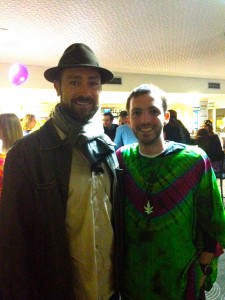
Langdon Brown meeting Dan Haslam, whose parents began fighting for legalization of medicinal cannabis after he began using cannabis to treat the symptoms of his cancer treatment (Facebook)
Brown concluded his post by calling for the NSW state government to drop its charges against him, and live up to its mandate to provide equal justice for all:
“To those in the NSW government, please call off this abhorrent witch hunt against me by the Crown prosecution. Please drop the criminal charges against me, that threaten to take me away from my family for violating a law that the entire country, from Victoria, to the federal government, to our own state, has already repealed, or is in the process of repealing.
To date, I have currently assisted 1,532 Australians with cancer, epilepsy, MS and other life threatening conditions with medicinal cannabis.”
The full Facebook post can be read here.
